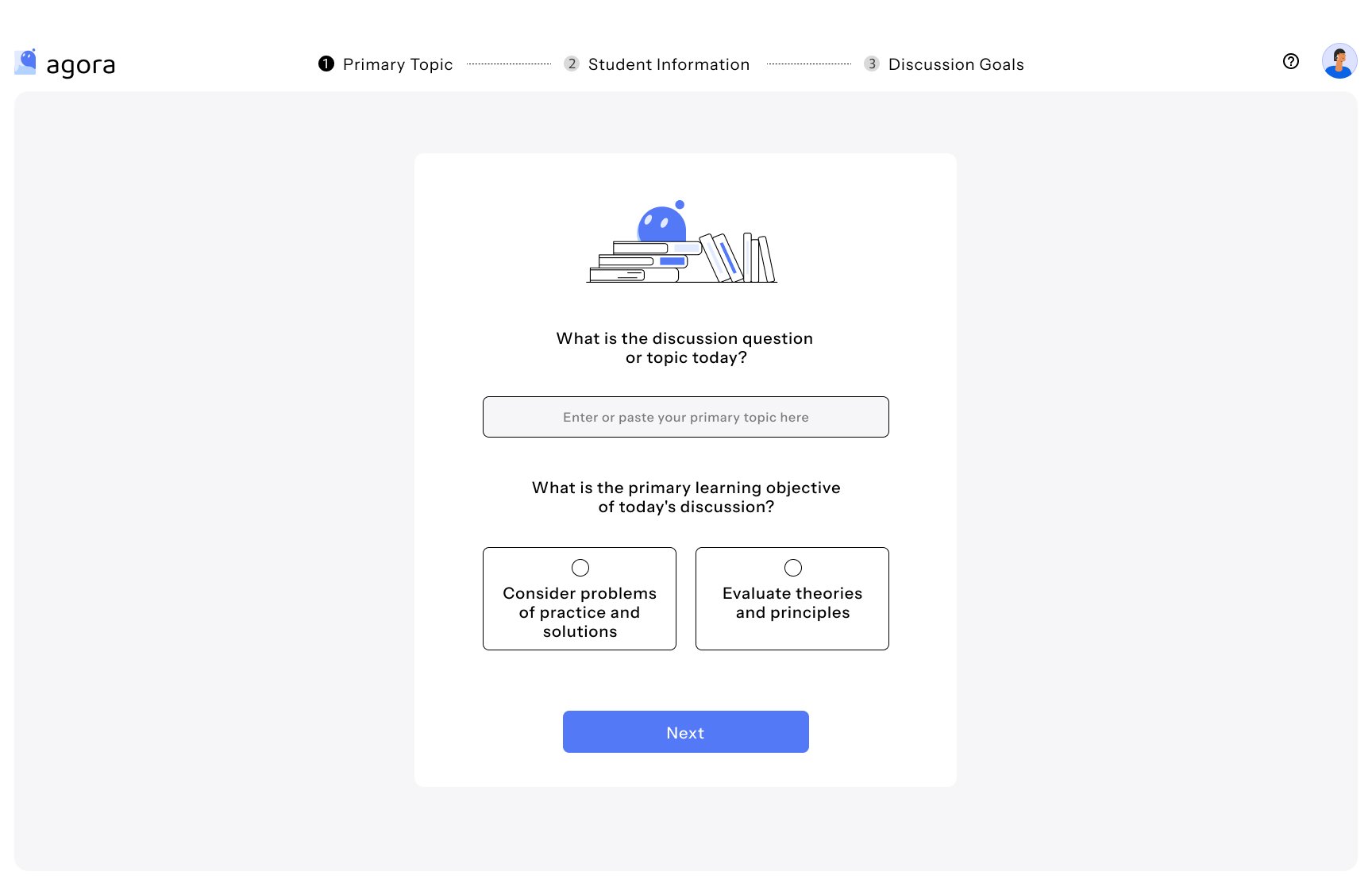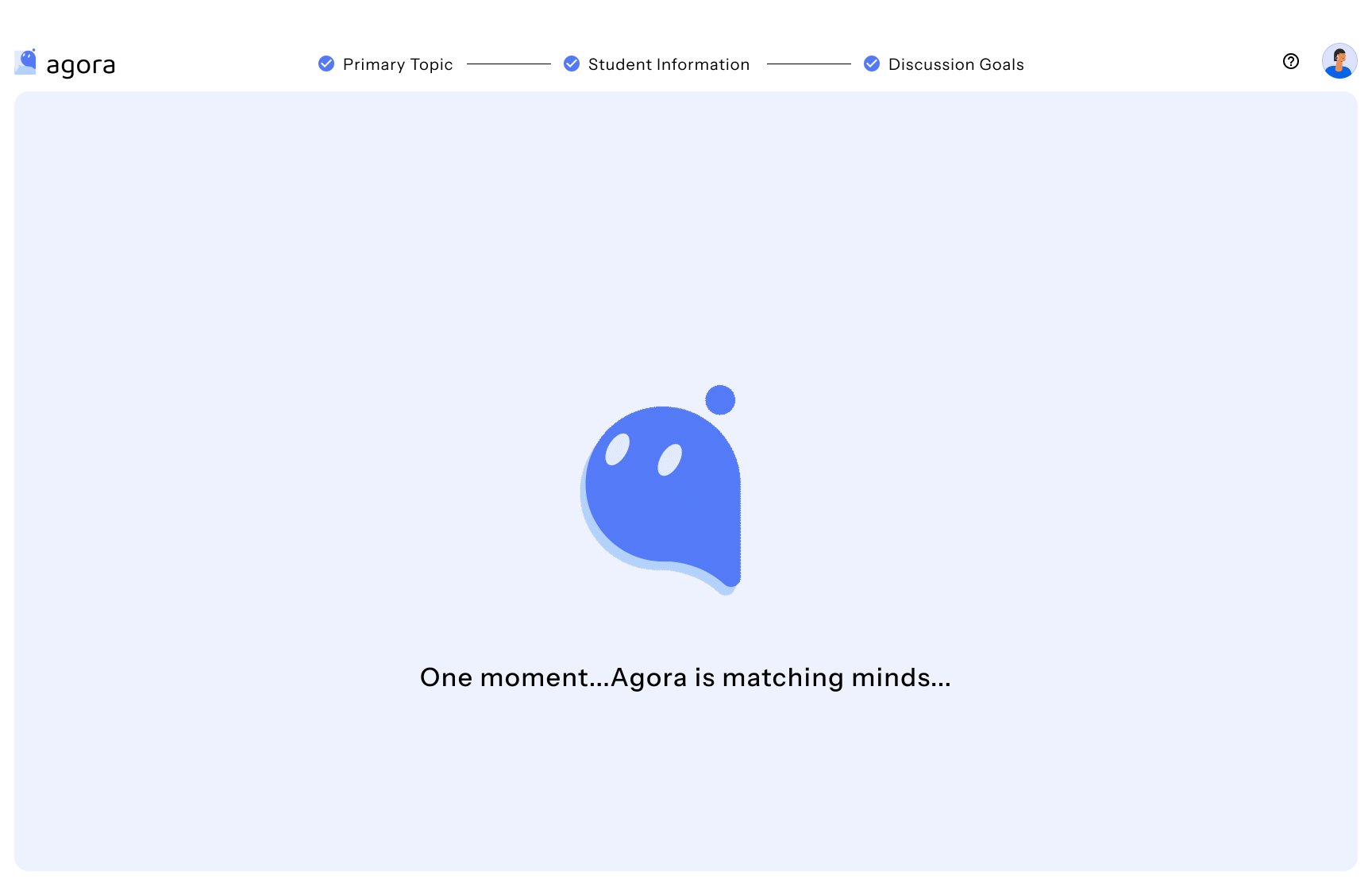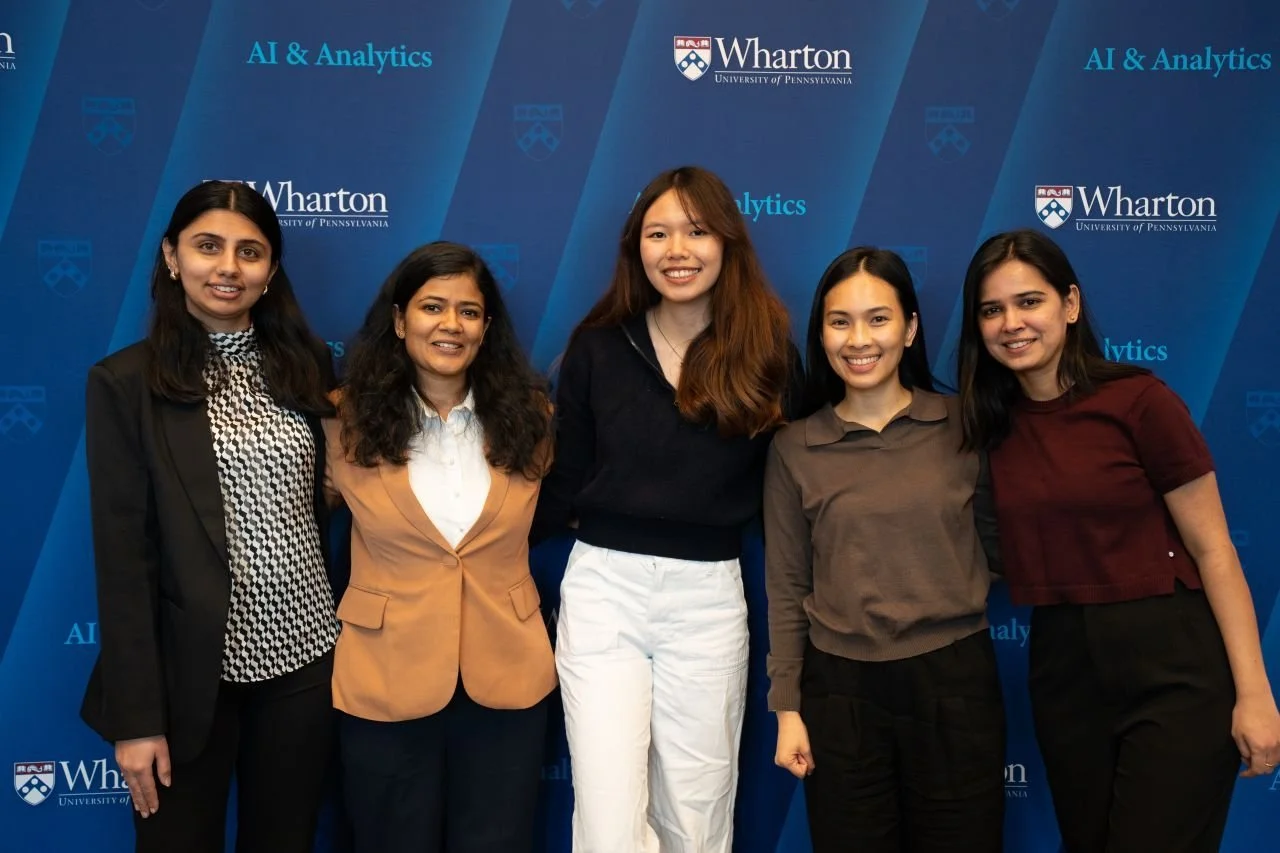Prototyping an AI-Powered Classroom Orchestration Tool for Productive Academic Dialogue
Finalist — Wharton HackAIthon 2025: AI in Education Challenge
THE PITCH
Discussion-based university classrooms often fail to deliver consistent learning experiences.
A graduate course can cost upwards of $7000. That’s close to $500/session — 4x a MasterClass annual subscription or a top conference pass. Classrooms rely on dialogue, but when discussions fall flat, it can feel like paying $500 for awkward silence. 68% of students claim unprepared and disengaged peers compromises their learning, but instructors struggle to form meaningful groups — especially without data on student knowledge.
Why should higher ed institutions care?
Classroom experiences serve as a core metric by which students evaluate the worth of their university education. Inconsistent learning experiences can lead students to feel like they’re not getting their money’s worth, regardless of how good the syllabus or instructor is. This leads to:
Lower course satisfaction scores — impacting instructor evaluations, funding decisions, and student retention.
Increased pressure on faculty to “fix engagement” without tools or support to do so.
Greater scrutiny of the cost vs. value proposition of a degree — especially in humanities and social sciences, where job-linked ROI is already under debate
Introducing Agora








✤ Agora integrates with LMS to pull course materials and student-generated content such as discussion posts and social annotations. It processes this data using natural language techniques to identify key topics, engagement patterns, and knowledge gaps across the class. Instructors then define discussion goals—such as interaction style, learning outcome, or group size—which Agora maps to learning sciences frameworks. These inputs are compiled into a single call to the OpenAI API, which returns optimized groupings and personalized “rise-above” prompts designed to scaffold deeper dialogue. Over time, Agora memoizes interaction patterns to reduce token usage and enable personalization at scale.
Agora enables more intentional, productive academic dialogue — improving the perceived and experienced value of education. It’s good pedagogy. It’s good student experience. And it’s good business.
Collaborators: Jyoti Poonia, Amanda Tran, Sakshi Singh, Ruchi Arora
